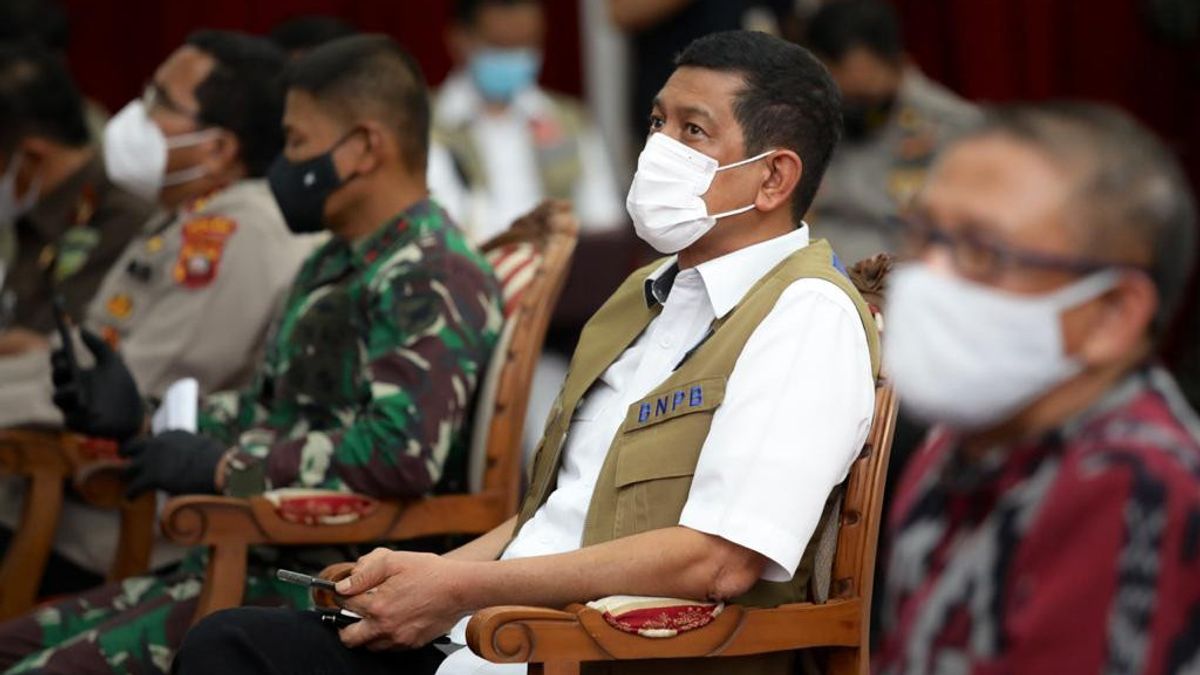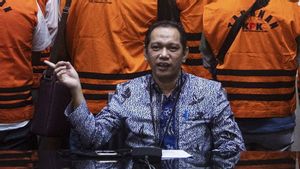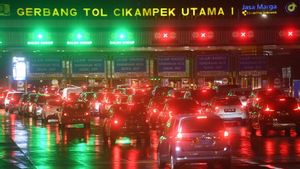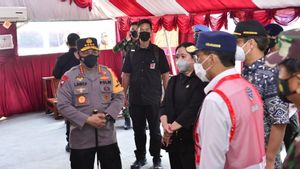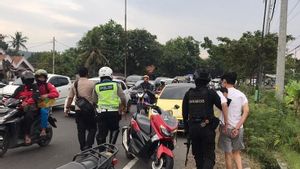MERAK - Chairperson of the COVID-19 Task Force (Satgas) Doni Monardo stated that banning homecoming is the best decision to prevent the spread of the COVID-19 pandemic.
"There are still some of our residents who are desperate to go hometown, up to seven percent," said Monardo, who is also Chairman of the National Disaster Management Agency (BNPB) while inspecting the insulating posts at Merak Port Pier, quoted by Antara, Sunday, May 9.
The government's decision regarding the ban on homecoming is certainly very appropriate in order to prevent the spread of the COVID-19 pandemic so that cases like those experienced by India do not occur.
In late January and early February 2021, he said, the COVID-19 cases in India were further below the cases in Indonesia.
There are 170 thousand cases of the COVID-19 pandemic in Indonesia and 150 thousand in India, but after they relaxed public activities.
Among them are religious, economic, religious, political, sports, and traditional community activities, so it does not take two months.
However, he said, just waiting for a few weeks to see an increase in active cases of COVID-19, even the highest death rate in the world.
"We don't want the coronavirus cases that occurred in India," he stressed.
According to him, the prohibition of homecoming is of course officers every day, every minute, every hour, and every second, always reminding people not to move people.
SEE ALSO:
Where the movement is transmitted by the COVID-19 pandemic through humans and groups that are very vulnerable to exposure are also at risk are elderly and homogeneous parents.
Furthermore, if they have already returned to their homecoming, of course, there is nothing else they must be quarantined because they could be people without symptoms (OTG).
And, he said, if they were left unchecked they could infect the village and it was proven in several places that such cases had occurred.
"We certainly have to learn from other areas so that there is no spread of COVID-19," he explained.
He also said that people who really can't go hometown can be in touch through virtual and post at the Enforcement of Community Activity Restrictions (PPKM) on a micro-scale optimized.
Where PPKM can facilitate people who are unable to stay in touch with their family members in the village through this virtual.
"We have to endure the Lebaran homecoming and be patient," he explained.
He appreciated that the COVID-19 pandemic case in Banten Province tends to decline so it needs to be maintained and not to let it increase again. Currently, COVID-19 patients in all hospitals in Banten are only 27 percent and that is a relatively small number.
In fact, he said, the COVID-19 pandemic case in Banten in late January and early February 2021 was 100 percent, so some patients had to leave Banten and they were taken to Wisma Atlet in Jakarta.
"We ask the people of Banten to protect it because the pandemic case is fluctuating, it can go up or down and it depends on how to maintain it properly," he said.
The English, Chinese, Japanese, Arabic, and French versions are automatically generated by the AI. So there may still be inaccuracies in translating, please always see Indonesian as our main language. (system supported by DigitalSiber.id)
